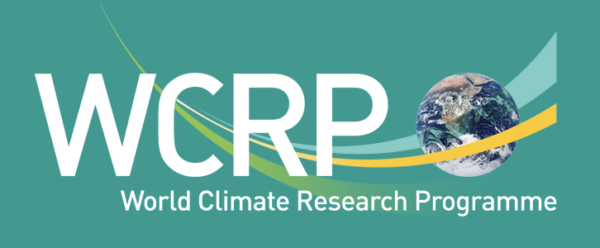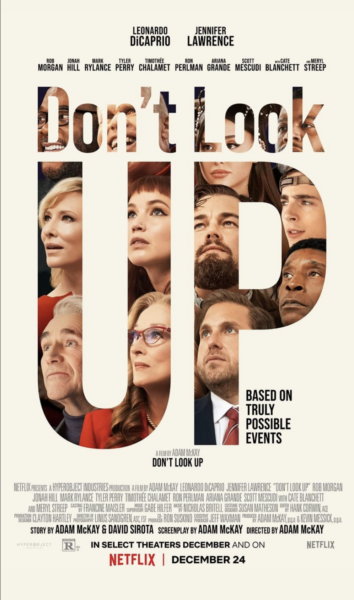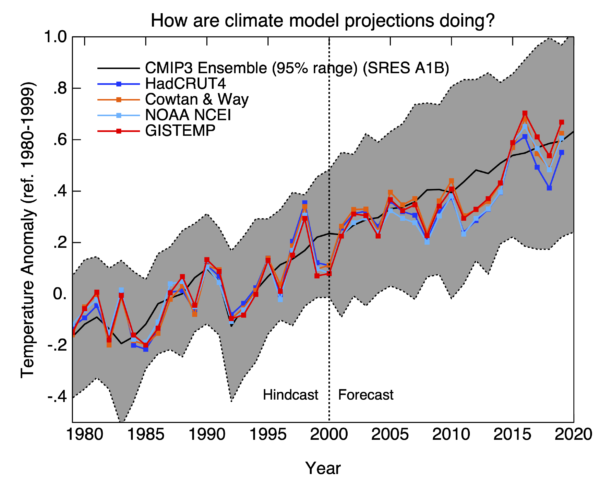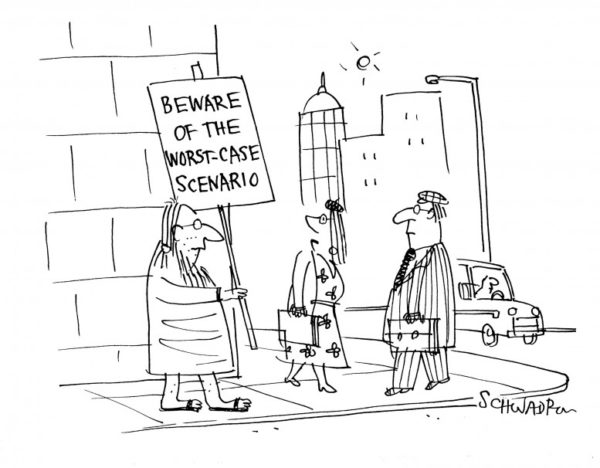
There was an interesting workshop last week focused on the Future of Climate Modelling. It was run by the World Climate Research Program (WCRP) Core Project on Earth System Modelling and Observations (ESMO) which is part of a bewildering alphabet soup of various advisory committees that exist for mostly unclear historical reasons. This one actually does something useful – namely it helps organize the CMIP activities that many modeling groups contribute to (which inform the assessment reports like IPCC and various national Climate Assessments). They had a wide variety of people and perspectives to discuss the changing landscape of climate modeling and what people want from these models. You won’t agree with everything, but it was informative.
[Read more…] about The Future of Climate Modeling?

